会议资讯
首次由联合国教科文组织主导的中德文化交流 “遗产保护助力可持续发展”
首次由联合国教科文组织主导的中德文化交流
“遗产保护助力可持续发展”
2018年9月26–30日 德国柏林 –“文化在可持续发展中发挥着关键作用,但整合文化的各个方面并非易事,这需要跨领域、跨国界的有力的多方合作。”联合国教科文组织世界遗产中心亚太部主任景峰博士在首次由联合国教科文组织主导的中德文化交流“遗产保护助力可持续发展”研讨会上表示。
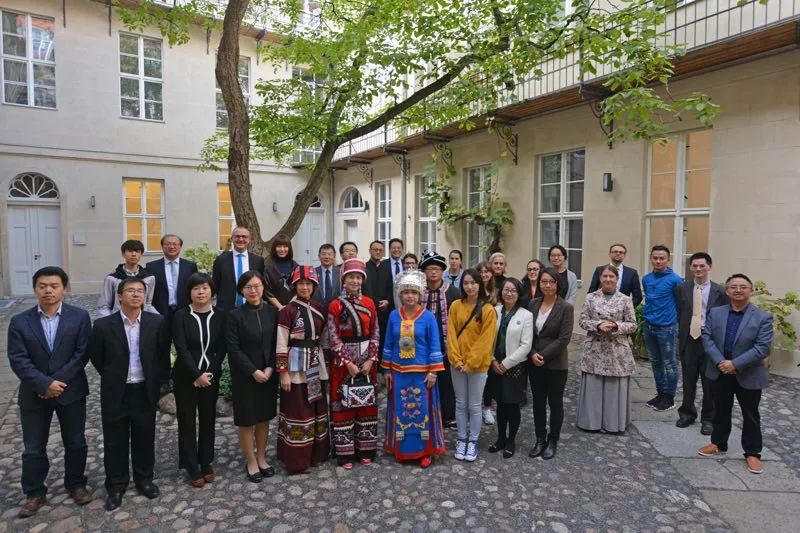
中德文化交流代表团
此次交流由联合国教科文组织驻华代表处主办,德国遗产管理研究所承办,并得到了德国教科文组织全国委员会、中国教科文组织全国委员会、教科文组织世界遗产中心、德国文化部和德国文化遗产保护委员会的支持,旨在促进中德及其它国家的政策制定者、专家和相关从业者的有效交流和沟通,分享各自在“遗产保护助力可持续发展”方面的经验。
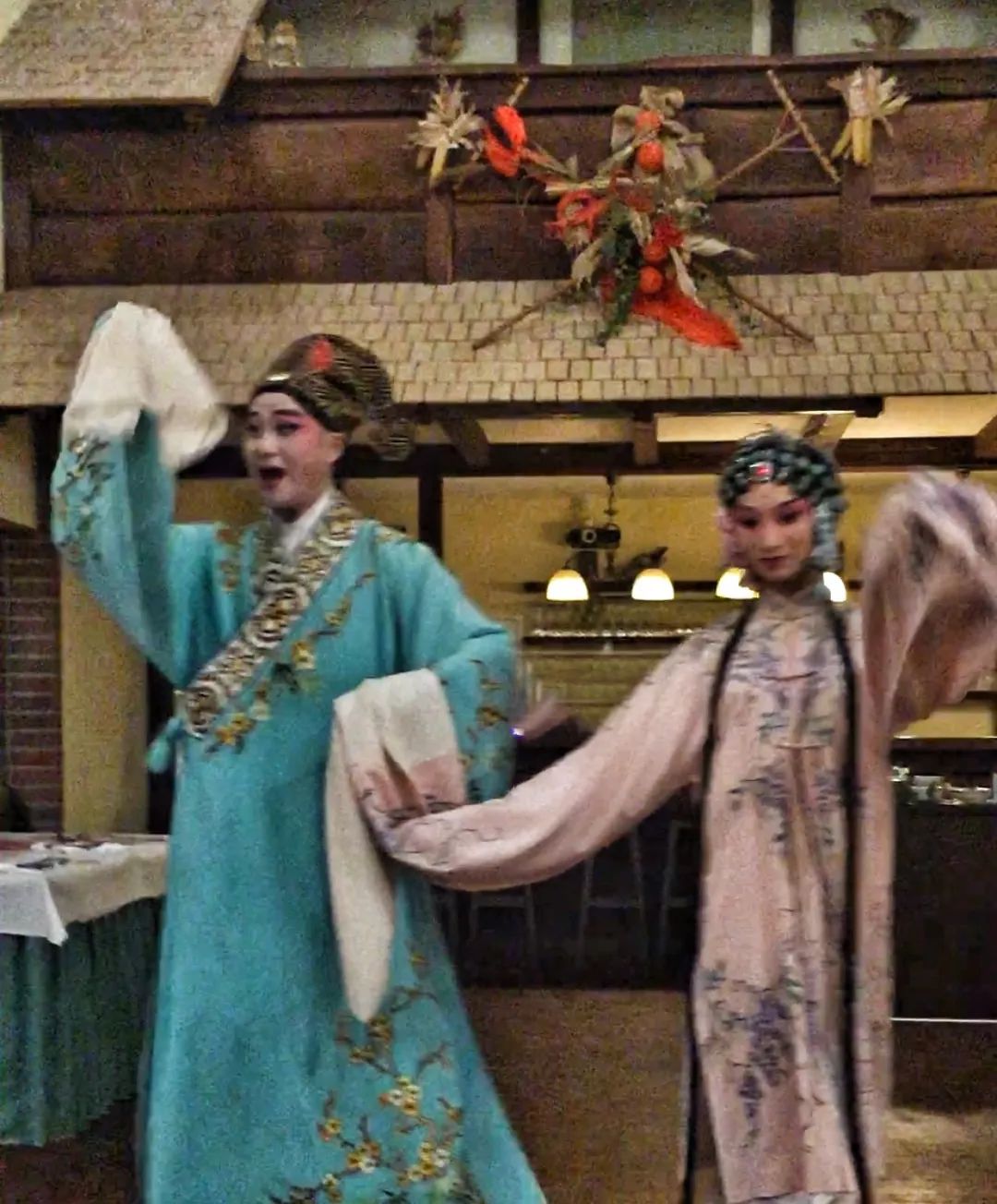
交流活动之“中国非遗昆曲表演”,图左为联合国教科文组织和平艺术家张军先生
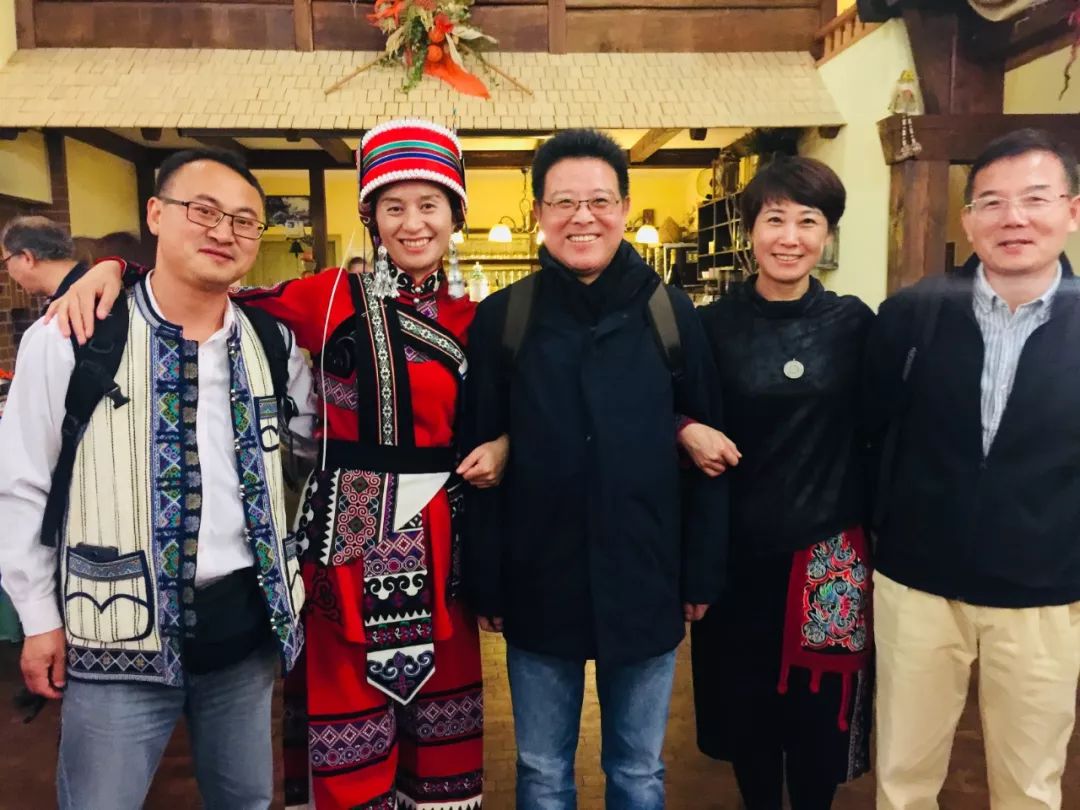
联合国教科文组织世界遗产中心亚太部主任景峰博士(中)、中国教科文组织全国委员会科学与文化处调研员乔正顺(右一)与 中国南方喀斯特云南石林代表合影
参加交流的中方人员包括来自中国文化和旅游部、国家文物局、中国教科文组织全国委员会、中国文化遗产研究院的代表,以及遗产专家、世界遗产地代表、非物质文化遗产传承人等。
联合国教科文组织创造了“世界遗产”、“非物质文化遗产”和“文化表达多样性”的概念,这些概念为提高公众在文化领域的意识和促进相关行动上做出了巨大贡献。 全球的1092处世界遗产地、470项非物质文化遗产,以及蓬勃发展的文化产业都是很好的证明。目前,文化产业占全球经济的6.1%,年度创收22,500亿美元,并且创造了近3000万个就业岗位。
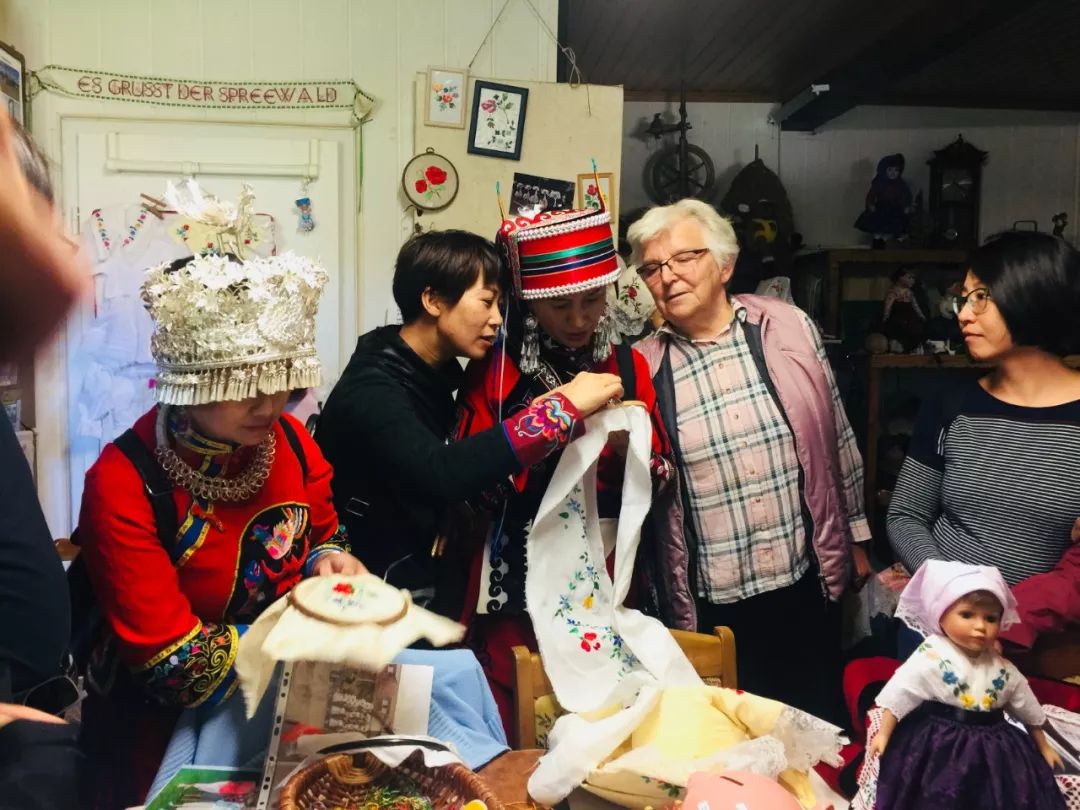
中国南方喀斯特云南石林代表(撒尼刺绣) 与德国斯普瓦尔德人与生物圈代表(索布人刺绣) 交流技艺
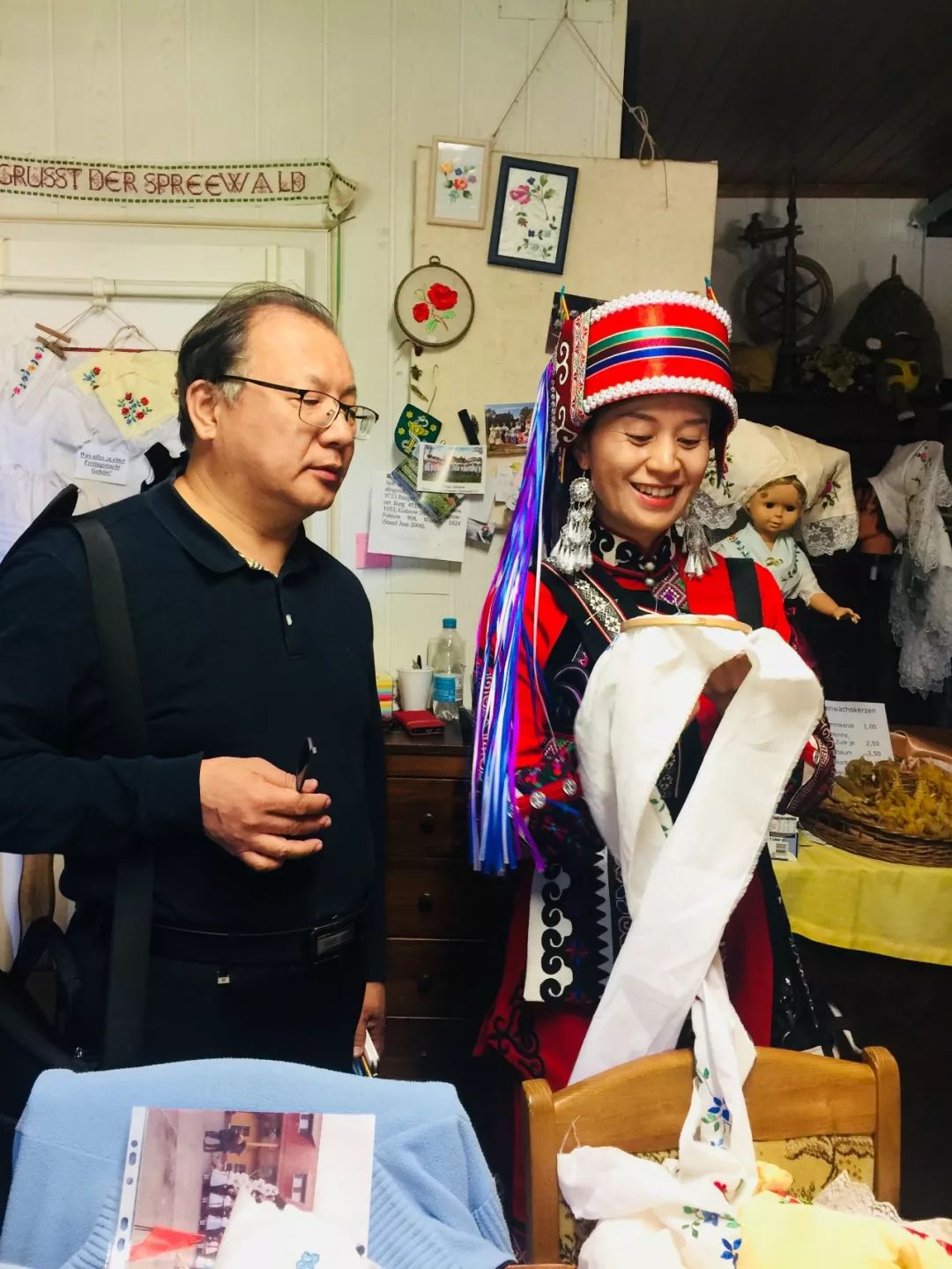
中国国家文化和旅游部非遗司副司长王晨阳(左)
自2017年以来,联合国教科文组织驻华代表处一直在努力通过多方合作来发展世界遗产保护、非遗传承和文化创新在促进世界遗产可持续发展上的协同作用,联合国教科文组织 - 中国青少年发展基金会 - 梅赛德斯 - 奔驰星愿基金“中国世界遗产地保护管理”项目就是一个成功的范例。作为该项目的成果之一,此次交流凸显了教科文组织与梅赛德斯 - 奔驰之间长期而富有成效的伙伴关系,也将促进中德政府、大学、研究院,和遗产地在文化领域的更多合作。
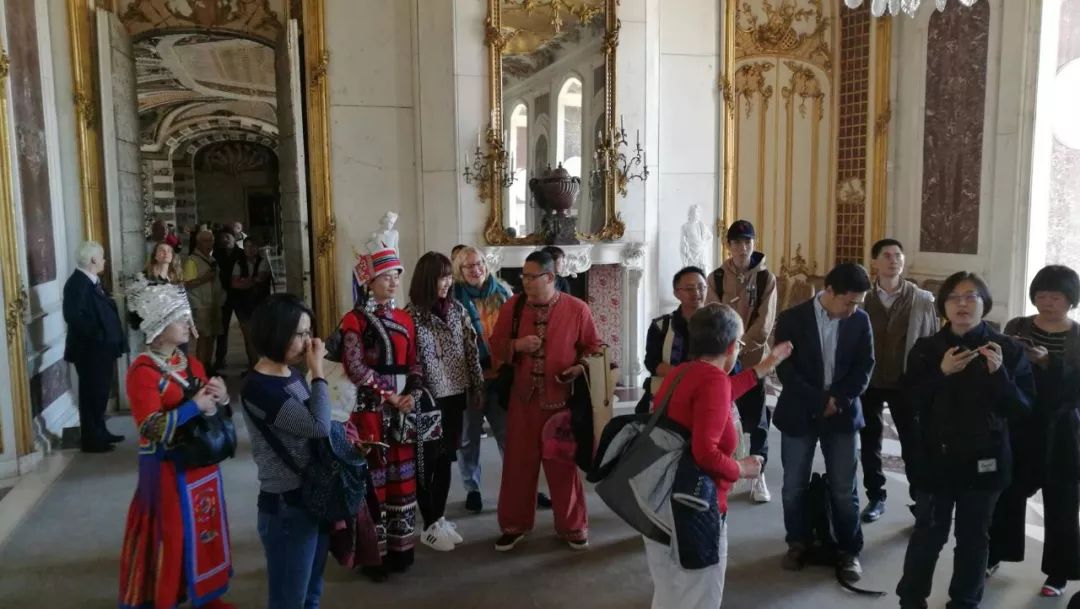
交流活动
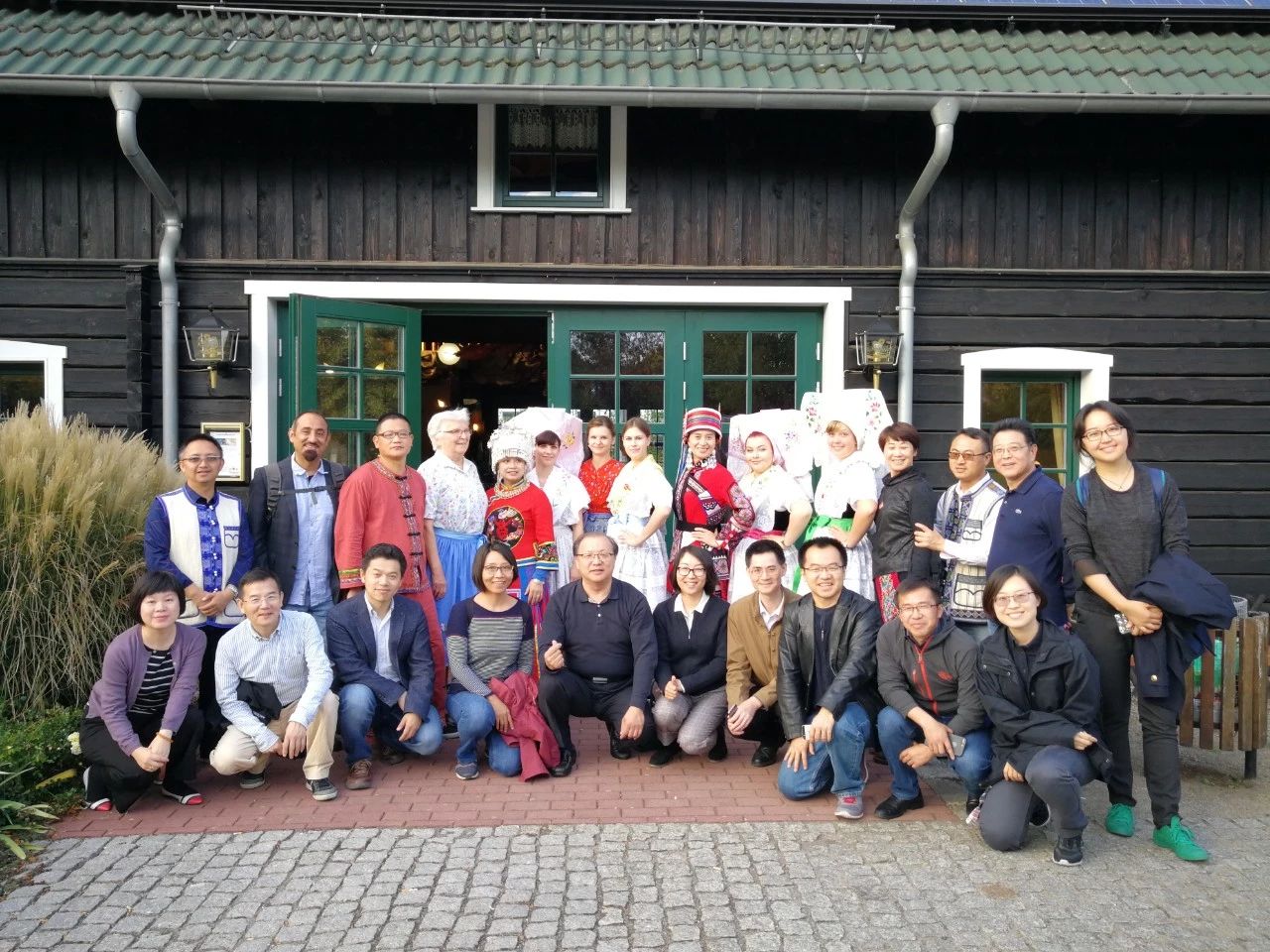
代表团与德国斯普瓦尔德人与生物圈当地索布人交流
“中国一直积极参与教科文组织的重大计划与项目,这次研讨会为我们提供了一个与德国教科文组织全国委员会及其它合作方联络的良好平台。今后,我们要继续加强同教科文组织的合作,加强同会员国的全国委员会的合作交流。”中国教科文组织全国委员会科学与文化处调研员乔正顺强调。
德国教科文组织全国委员会副秘书长Lutz Moller博士也表示,“中德有着全方位的合作,今后可以加强在教科文组织业务领域的人文交流。”
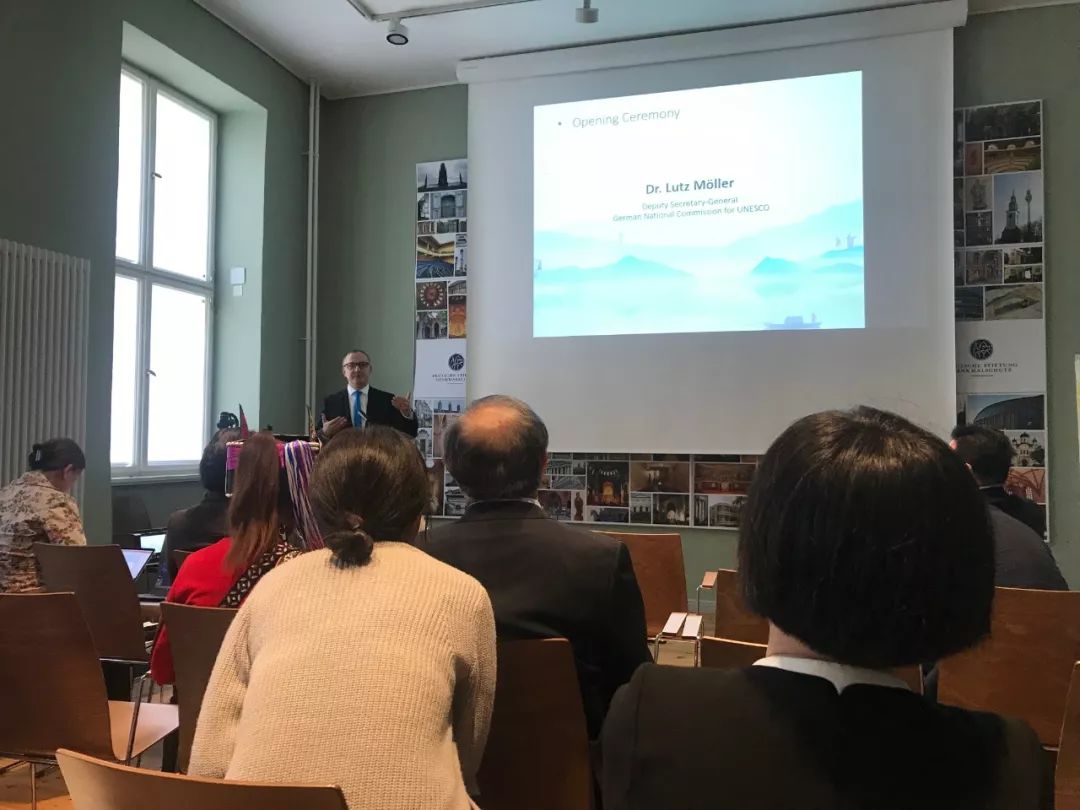
德国教科文组织全委会副秘书长Lutz Moller博士在“遗产保护助力可持续发展”研讨会上发言
在为期五天的交流中,代表团与柏林文化遗产保护办公室就世界遗产管理实践进行了交流,并与德国文化和媒体事务联邦委员会代表、教科文组织教席,以及勃兰登堡理工大学遗产研究项目的学生进行了讨论。同时,也访问了多个教科文组织收录的遗产地和保护区,包括柏林博物馆岛、波茨坦王宫和园林,施普雷瓦尔德人与生物圈保护区,以及柏林“设计之都”联合国教科文组织创意城市网络,并与德国同行讨论了遗产保护和创意与可持续发展等。此次交流还包括了为期一天的“遗产保护助力可持续发展”研讨会,中国驻德国大使馆公使衔文化参赞陈平先生为研讨会致开幕词。
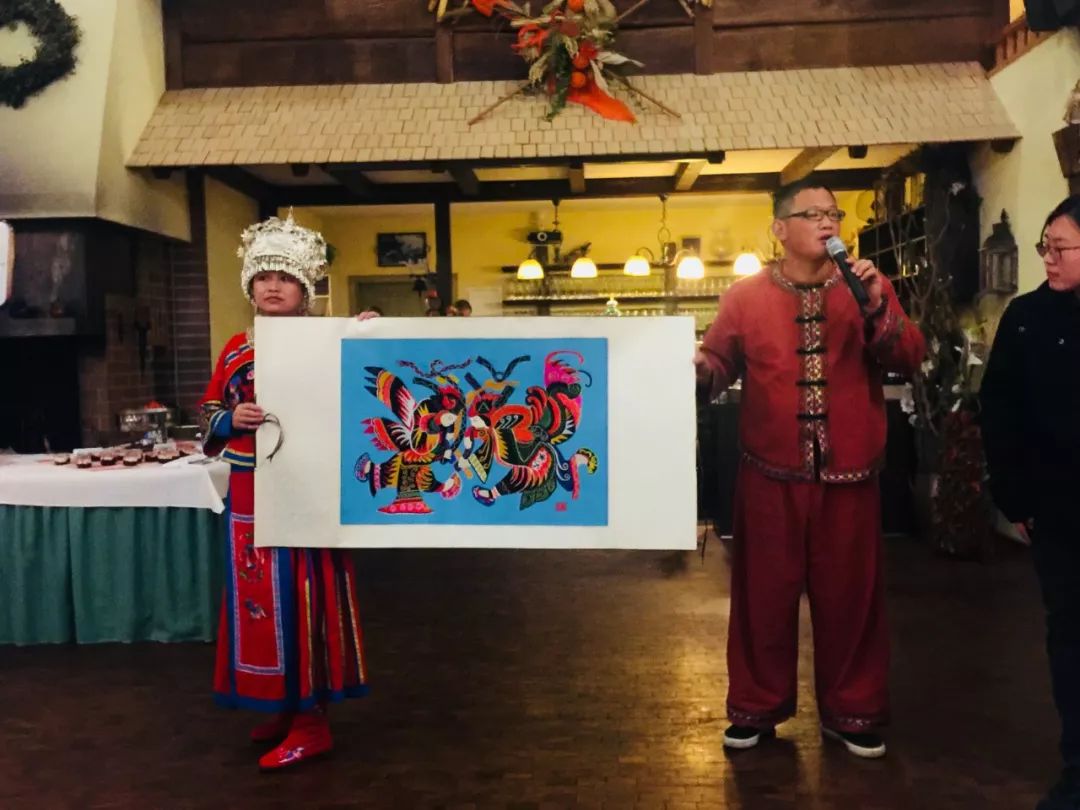
湖南省邵阳市城步苗族自治县苗绣非遗传承人伍前金(左)展示苗族刺绣
希望此次教科文组织中德文化交流活动以及“中国世界遗产保护管理”项目的其它试点活动,可以激发文化领域的新思考、新合作,推动可持续发展,并创造一系列的好经验、好做法,让更多人受益。

The First UNESCO-led China-Germany Cultural Exchange “Heritage Conservation for Sustainable Development”
26-30 September 2018, Berlin, Germany – “Culture plays a crucial role in sustainable development. Yet integrating various aspects of culture is not an easy task. It calls for strong multi-stakeholder partnership across fields of expertise and across national boundaries,” said Dr. Jing Feng, Chief of the Asia-Pacific Unit of UNESCO World Heritage Centre, at the workshop “Heritage Conservation for Sustainable Development” during the first ever UNESCO-led China-Germany cultural exchange.
Organized by UNESCO Beijing Cluster Office and hosted by the Institute for Heritage Management, with the support of the German National Commission for UNESCO, the Chinese National Commission for UNESCO, UNESCO World Heritage Centre, German Ministry of Culture, and the German National Committee for Monument Protection, this exchange aims to facilitate effective exchange and communication for policy makers, experts, and practitioners from China, Germany, and possibly other countries, to engage in sharing good practices in heritage protection for sustainable development.
A Chinese delegation consists of representatives from the Ministry of Culture and Tourism, State Administration of Cultural Heritage, Chinese National Commission for UNESCO, Chinese Academy of Cultural Heritage, and heritage experts, World Heritage site representatives, Intangible Cultural Heritage (ICH) bearers participated in this exchange.
The concepts of “World Heritage”, “Intangible Cultural Heritage (ICH)” and “diversity of cultural expressions” created by UNESCO have made an enormous contribution in raising public awareness and promoting actions in the field of culture. Their success is reflected in the 1092 World Heritage sites, 470 ICH, and a thriving cultural sector accounting for 6.1% of the global economy and generating annual revenues of 2,250 billion US dollars and nearly 30 million jobs worldwide.
Since 2017, UNESCO Beijing Cluster Office has been exploring the synergy of World Heritage conservation, ICH transmission, and fostering cultural creativity for the sustainable development of World Heritage sites, via multi-stakeholder partnership. One of the successful examples is the UNESCO - China Youth Development Foundation Mercedes-Benz Star Fund Funds-in-Trust Project on “Conservation and Management of World Heritage sites in China”. As one of the outcome of the Project, this exchange highlights the long-term and fruitful partnership between UNESCO and Mercedes-Benz, and is expected to inspire more cooperation in the field of culture between Chinese and German government counterparts, universities and academies, as well as between sites.
“China has always been actively participated in UNESCO’s major programmes and projects. And this workshop has provided a great platform for us to connect with the German National Commission for UNESCO and other partners. In the future, we will continue to strengthen the cooperation with UNESCO and the National Commission for UNESCO of other UNESCO Member States,” stressed Qiao Zhengshun, Consultant of the Science and Culture Sector of the Chinese National Commission for UNESCO.
Dr.Lutz Moller, Deputy Secretary-General of the German National Commission for UNESCO, also highlighted that, “German and China has all-round cooperation. We can strengthen our cooperation on cultural exchange in terms of UNESCO’s professional fields in the future.”
During the five-day exchange, the delegation exchanged with the Berlin Monument Protection Office on World Heritage management practices, and engaged in discussions with representatives from the Federal Commission for Cultural and Media Affairs, as well as with the UNESCO Chair and students in the World Heritage Studies Programme at the Brandenburg University of Technology. In the meantime, the group also visited various UNESCO designates sites including the Museum Island, Palaces and Parks of Potsdam, and Spreewald Man and Biosphere Reserve, as well as the Berlin “City of Design” UNESCO Creative Cities Network, and also discussed with German counterparts on heritage conservation, creativity and sustainable development. The exchange also consisted of a one-day workshop on “Heritage Conservation for Sustainable Development”, in which Mr. Chen Ping, Counselor for Culture of the Chinese Embassy in Germany, delivered an opening speech.
It is hoped that this UNESCO China-Germany cultural exchange activity, along with other pilot activities within the project framework of “Conservation and Management of World Heritage Sites in China”, could inspire new reflections and partnerships on culture as an enabler of sustainable development, and generate a pool of good experience and best practice for the benefit of a wider international public.
